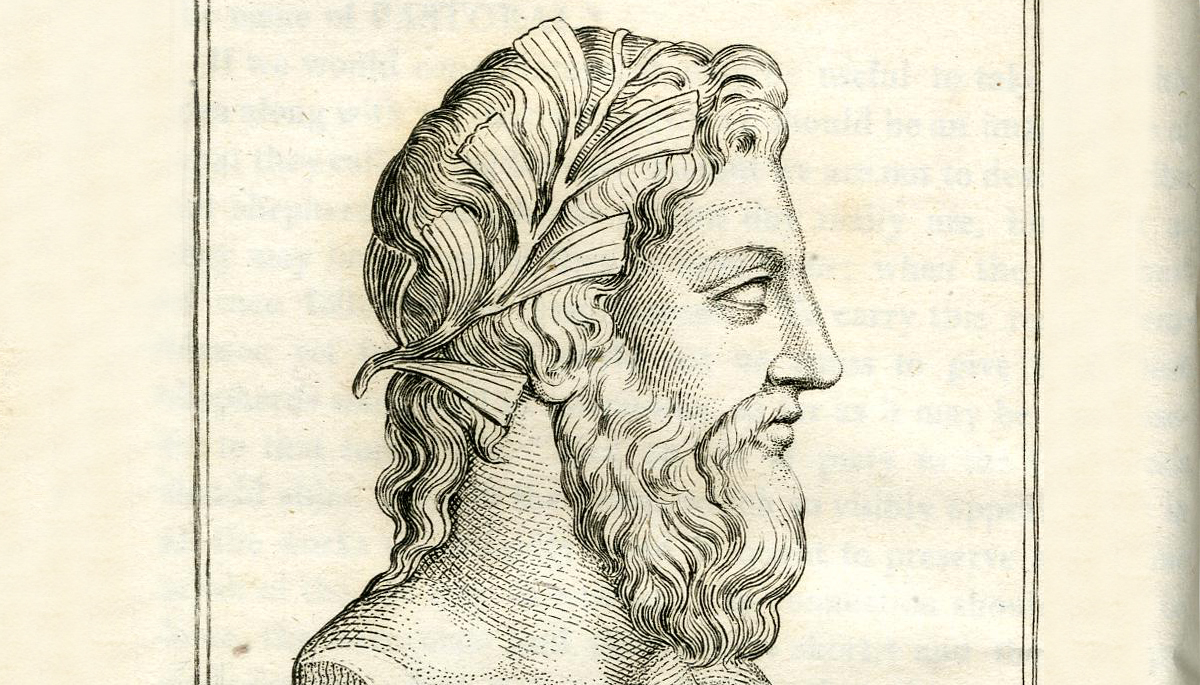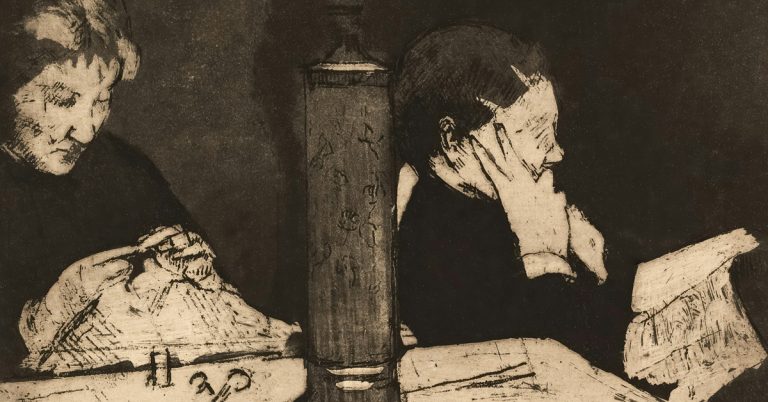
by Lilah Grace Canevaro
1. Stone can sing

You don’t notice your windows when they’re clean. You might enjoy the sun streaming through them, or – more often in my experience – listen to the rain as it patters against them. But you don’t notice the windows themselves, not really. Not, that is, until they get dirty. Then you don’t just see through the windows – you see the windows (and curse whichever bird decided to decorate them). Heidegger had another example: a broken hammer. It isn’t worth commenting on when it’s doing its job as a tool, but we notice when it acts up. Theocritus has his own version. In Idyll 7, Lycidas asks Simichidas where he’s off to in such a hurry:
How all the stones are falling over
your feet as you go along, as they sing against your boots.
Idyll 7.25–6
The stone stumbles against the feet, rather than the other way round. The stones are active – and they have a voice. The voice of a singer. We often see stand-ins for the poet within poetry (a rhapsodic character, or perhaps a bird) – here the stand-in is a material object from the landscape that in a moment of encounter with a human agent has a song of its own.
2. Things can hurt
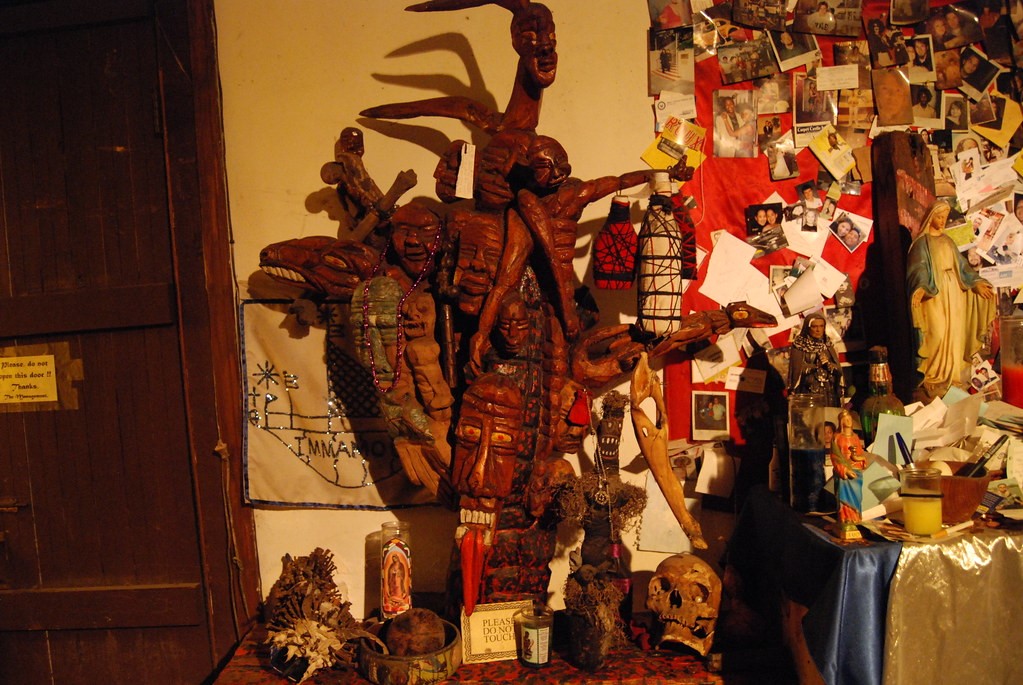
In Theocritus’ Idyll 8 Daphnis says:
I too have a nine-reed pipe,
with white wax equal at the top and bottom.
I made it just recently, and this finger is still sore,
because a reed split and cut me.
Idyll 8.18–24
The pipes resist their creator. Daphnis still has the wound to prove it.
In Idyll 2 Simaetha uses the materiality of magic on her love object Delphis. Barley grains scattered, to scatter the bones of Delphis. A lizard crushed, to grind Delphis’ bones. Laurel burnt up, to consume Delphis’ flesh. Wax melted, to melt Delphis’ heart. And she repeats 10 times ‘Magic wheel (iunx), draw that man to my house’. According to mythology, Iunx used magic to seduce Zeus. As punishment, Hera turned her into a bird – the iunx, or wryneck. The bird was then used as part of a love charm: a spoked wheel with an iunx-bird fastened to it, spun to draw in a love object. The whole process combines bodies and things, and none of it is comfortable!
3. There’s no such thing as an isolated thing
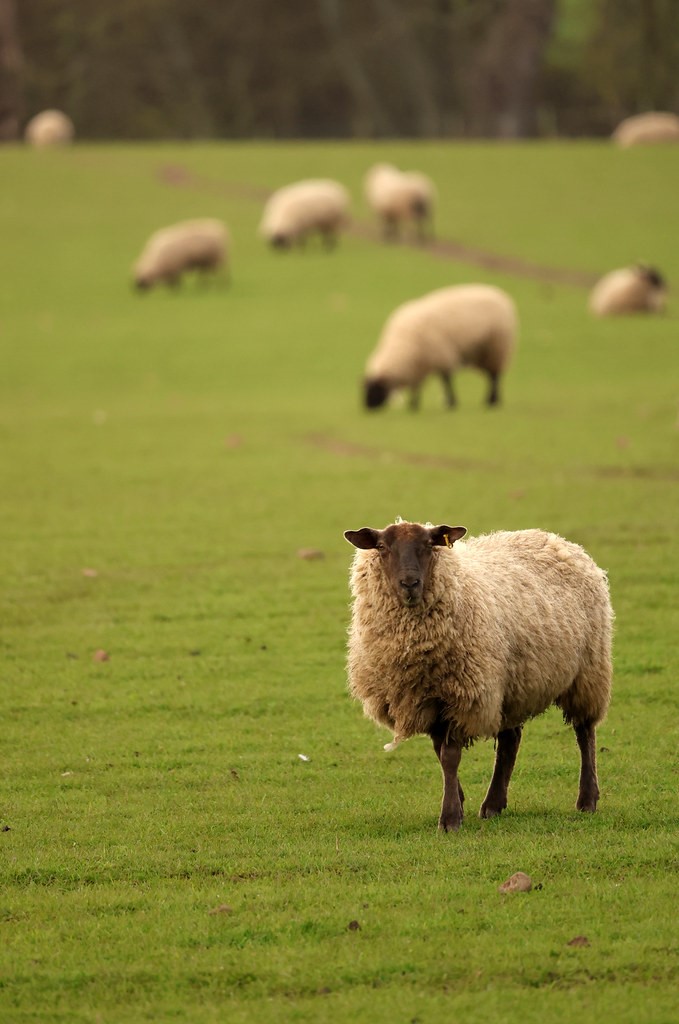
In Idyll 28 Theocritus talks to a distaff. He asks it to come with him to the city of Neleus, legendary founder of Miletus, as a gift for Nikias’ wife Theugenis. It is his travelling companion, having emigrated from Syracuse just like Theocritus himself. Theugenis and the distaff will be a productive team:
The mothers of lambs in the pastures might be shorn of their
soft fleeces twice a year as far as fair-ankled Theugenis is concerned.
Idyll 28.12–13
The distaff is part of a full system that stretches from raw material to finished product, and involves land, animals, both human and nonhuman agents – and, of course, the poet.
4. The seasons are against us
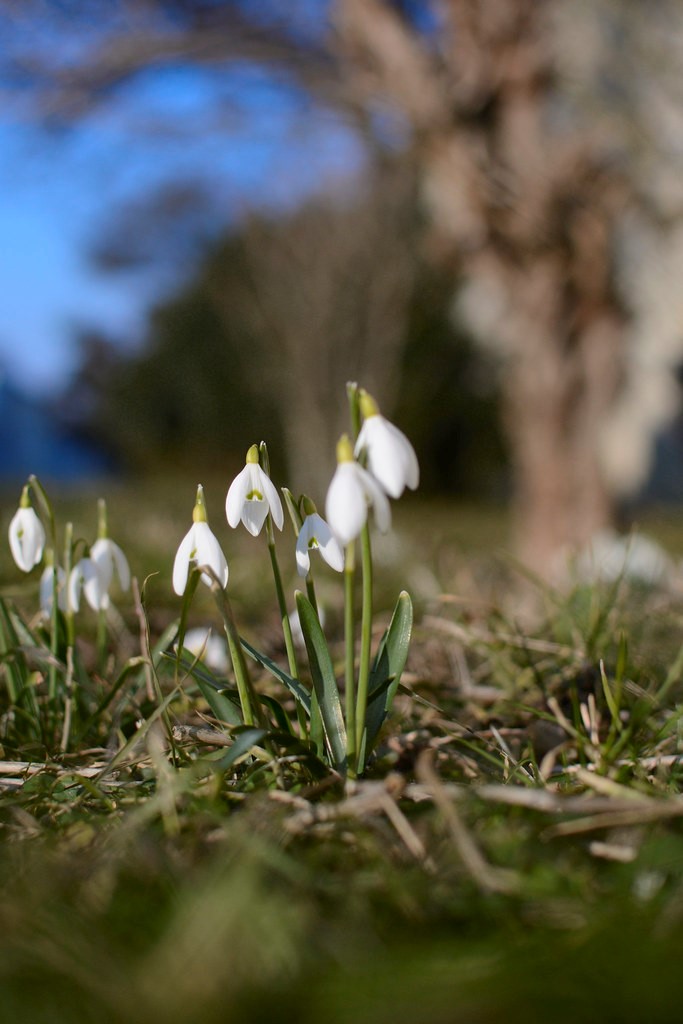
In Idyll 21, fisherman Asphalion calls those people ‘liars’ who claim that the summer nights are short – he’s had so many dreams they can’t possibly be. ‘Do you blame the summer?’ asks his companion (line 26) – Asphalion is casting aspersions on his environment. Even the lovesick Cyclops Polyphemus, central character of Idylls 6 and 11, is a realist when it comes to the seasons. He wishes he had been born with gills so that he could go to the sea nymph Galatea and kiss her and bring her flowers. He suggests white snowdrops or red poppies – but then realises that poppies grow in summer and snowdrops in winter, so he wouldn’t be able to bring them both together. Nature’s rhythms stand in his way (as does his own material make-up, gill-less and guileless as he is!).
5. Men just don’t get it

In Idyll 15, two women are commiserating about their husbands:
Praxinoa:
Yet that papa the other day – just the other day I said to him
‘Papa, go and get some soda and red dye from the stall’ –
and he brought me back salt, the great lummox of a man.
Gorgo:
Mine’s that way too. Money is nothing to Diocleidas.
Yesterday for seven drachmas he bought five fleeces that were like dogs’ hair,
pluckings off old skin bags, nothing but dirt, work upon work.
Idyll 15.15–20
The men are useless at doing the shopping. They don’t understand things. When put in charge of objects, all they do is add to the women’s workload. The mental load is nothing new!
About the book
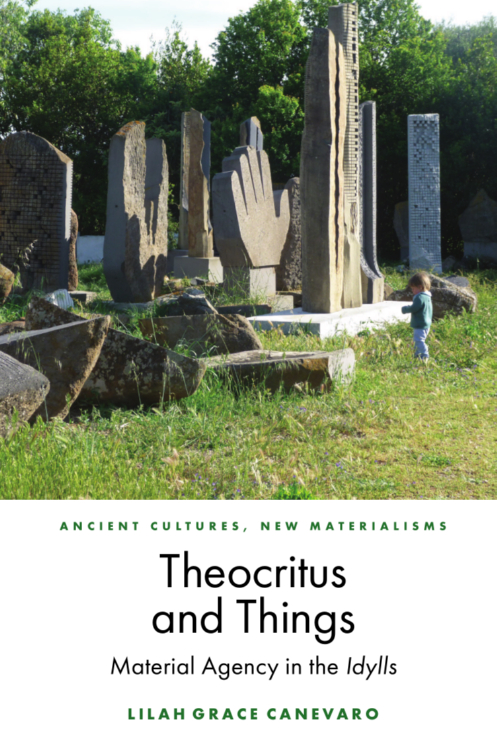
Get 30% off with discount code NEW30
Foregrounds underrepresented agents (women, nature and the nonhuman) in and through the poetry of Theocritus
For more about Theocritus, things and material agency, see Lilah Grace Canevaro’s book Theocritus and Things: Material Agency in the Idylls, out now to buy and as a free open-access e-book.
Don’t forget to sign up to our mailing list to keep up to date with all of our free content and latest releases!
About the author
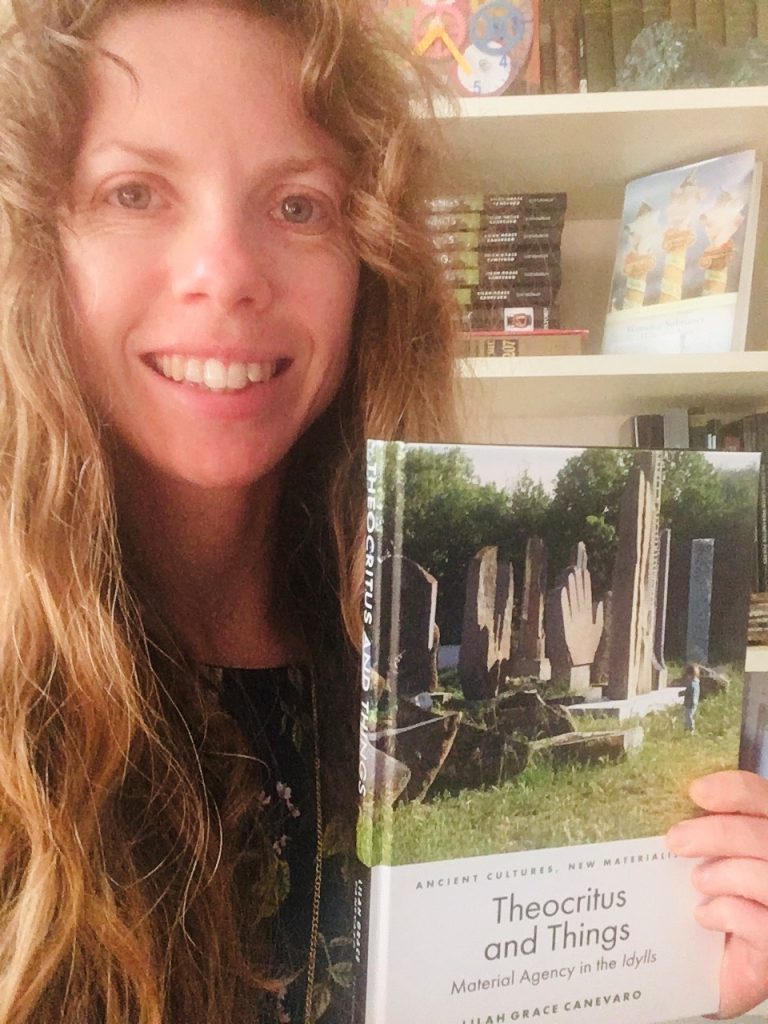
Lilah Grace Canevaro is Senior Lecturer in Greek at the University of Edinburgh. She has published widely on ancient Greek poetry, gender, New Materialism, Comparative Literature and Classical Reception.


